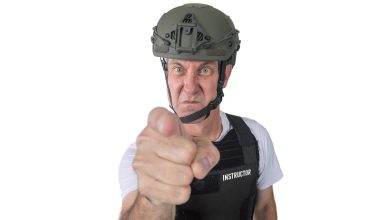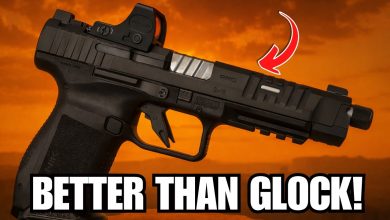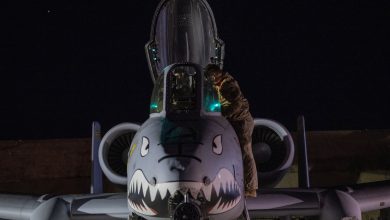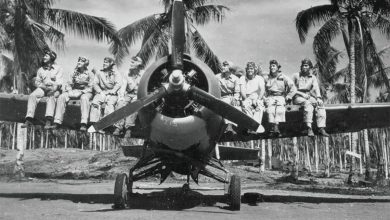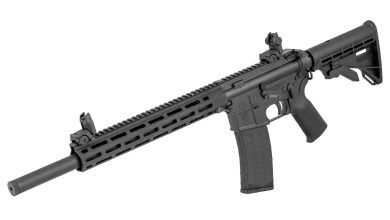Soldiers push limits to compete for expert badges
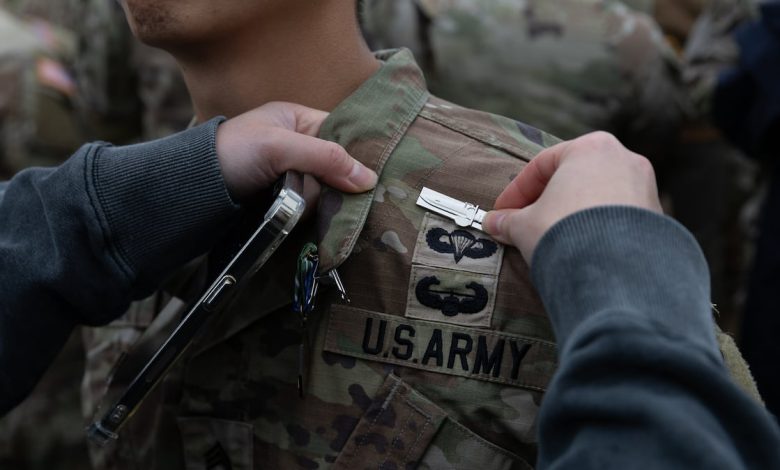
Soldiers of the 21st Theater Sustainment Command recently undertook two of the Army’s most challenging physical assessments by testing for the Expert Soldier Badge and Expert Field Medical Badge.
From September into early October, soldiers underwent a series of intense physical challenges at Smith Barracks in Baumholder, Germany.
“All the soldiers are showing high levels of proficiency. Everyone who trains and tests here leaves better prepared, and that directly builds combat-ready formations,” Command Sgt. Maj. Andrew A. Decola, noncommissioned officer in charge of the EFMB testing, said in a release.
The tests saw soldiers undergo a series of demanding drills, conduct day and night land navigation, handle weapons seamlessly across multiple tactical lanes, demonstrate expertise in various skill areas and, finally, perform a timed, 12-mile ruck march in under three hours.
Both badges were modeled after the Expert Infantryman Badge and designed to have a challenging qualification threshold. While some tasks are shared across both tests, the standards for qualifying for each badge are unique.
The ESB, introduced in 2019, was designed to provide soldiers who are neither infantrymen nor combat medics with an opportunity to strive to overcome similar challenges.
Testing for the EFMB, by contrast, is reserved specifically for combat medics and is comprised of a series of high-pressure tests that place the toughest demands on their skills at handling complex medical emergencies in combat and evacuation scenarios. The pass rate for the EFMB is below 20%.
“This is not a badge to award so that the entire Army now has an ‘expert’ badge to wear. As it is now, not every infantryman or Special Forces soldier earns the EIB and not every medic earns the EFMB,” TRADOC Command Sgt. Maj. Timothy A. Guden told Army Times in a statement when the ESB first debuted.
“Keeping with the same mindset, this is a badge to award to those who truly deserve recognition as an expert in their career field,” he added.
Soldiers who participated in the tests in Germany said preparing for and competing in the tests gave them more confidence.
“More Soldiers are becoming confident with their weapons and gear. E2B gives them the repetitions they need to perform without hesitation,” Sgt. Phili Prin, an E2B grader assigned to the 421st Multifunctional Medical Battalion, said in the Army release. “By the end of test week, you see them locked in.”
Zita Ballinger Fletcher previously served as editor of Military History Quarterly and Vietnam magazines and as the historian of the U.S. Drug Enforcement Administration. She holds an M.A. with distinction in military history.
Read the full article here




